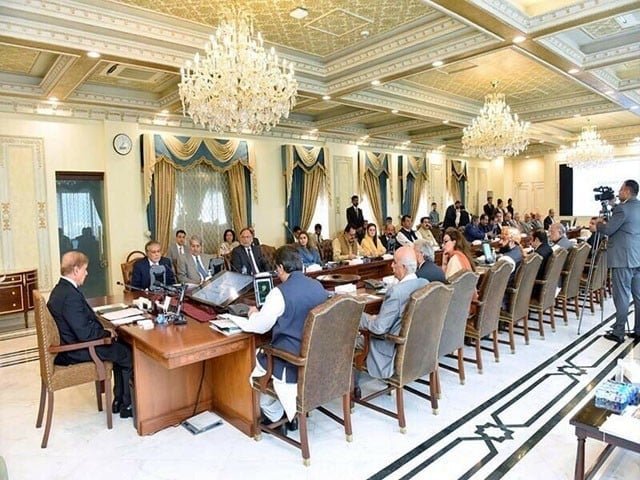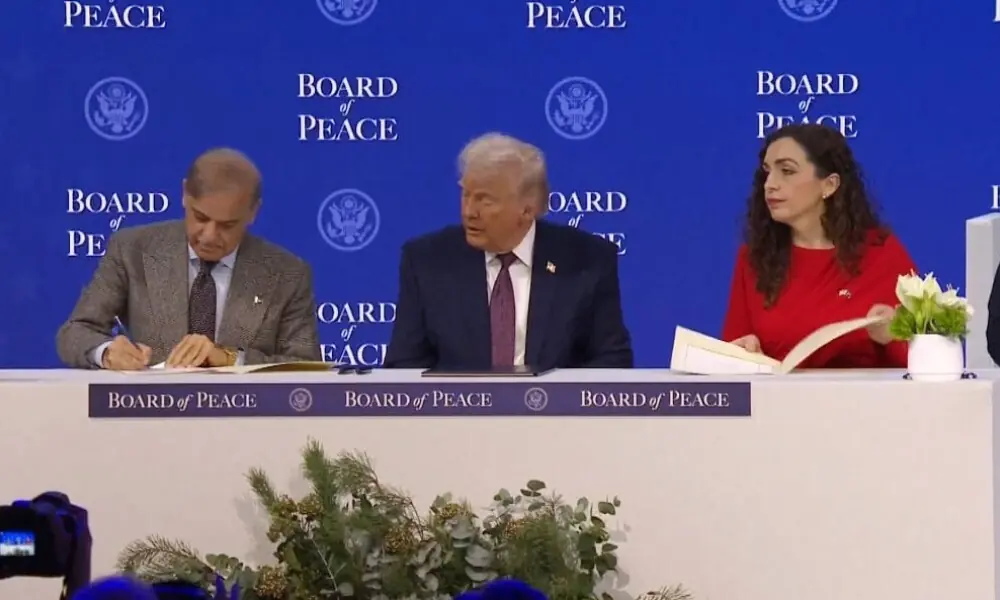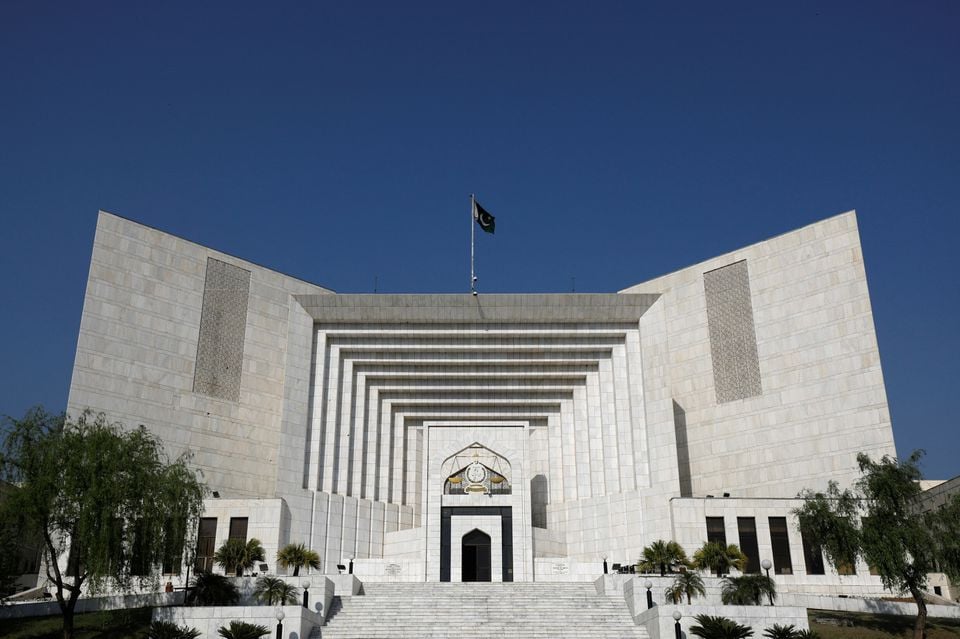The International Monetary Fund (IMF) has found major gaps in Pakistan’s system for identifying politically exposed persons (PEPs), warning that uneven practices and insufficient corruption-specific red-flag indicators are limiting the ability to detect misuse of public office. These findings are part of the lender’s draft Governance and Corruption Diagnostic Assessment, shared with Islamabad for review before its release later this month.
Follow Republic Policy Website
According to the draft report, smaller financial institutions lack automated screening tools, access to comprehensive data, and sector-specific typologies to detect corruption-linked transactions. The IMF has recommended issuing new guidelines, drawing on best global practices, to strengthen detection of corruption in government contracts and public sector dealings. Pakistan had committed to publishing the full report under the $7 billion IMF programme.
Follow Republic Policy YouTube
While acknowledging that the State Bank of Pakistan (SBP), Securities and Exchange Commission of Pakistan (SECP), and Federal Board of Revenue (FBR) have regulatory requirements for enhanced due diligence on PEPs, the IMF noted inconsistent application — particularly among Designated Non-Financial Businesses and Professions (DNFBPs). Many institutions rely solely on official lists, without developing internal risk management systems.
Follow Republic Policy Twitter
The draft report cited international models, such as Canada’s red-flag indicators for government contract transactions and Colombia’s sectoral detection mechanisms during the Covid-19 pandemic, as examples Pakistan could adopt. These measures target suspicious patterns like layered payments, unexplained wealth in low-salary public roles, and procurement-linked laundering schemes.
Follow Republic Policy Facebook
Sources revealed that the Ministry of Finance has set deadlines for departments to respond to the IMF’s observations, with some agreeing to revisions and others disputing certain findings. Given the complexity of consultations, there is a possibility the report’s publication may be delayed beyond the August deadline.















